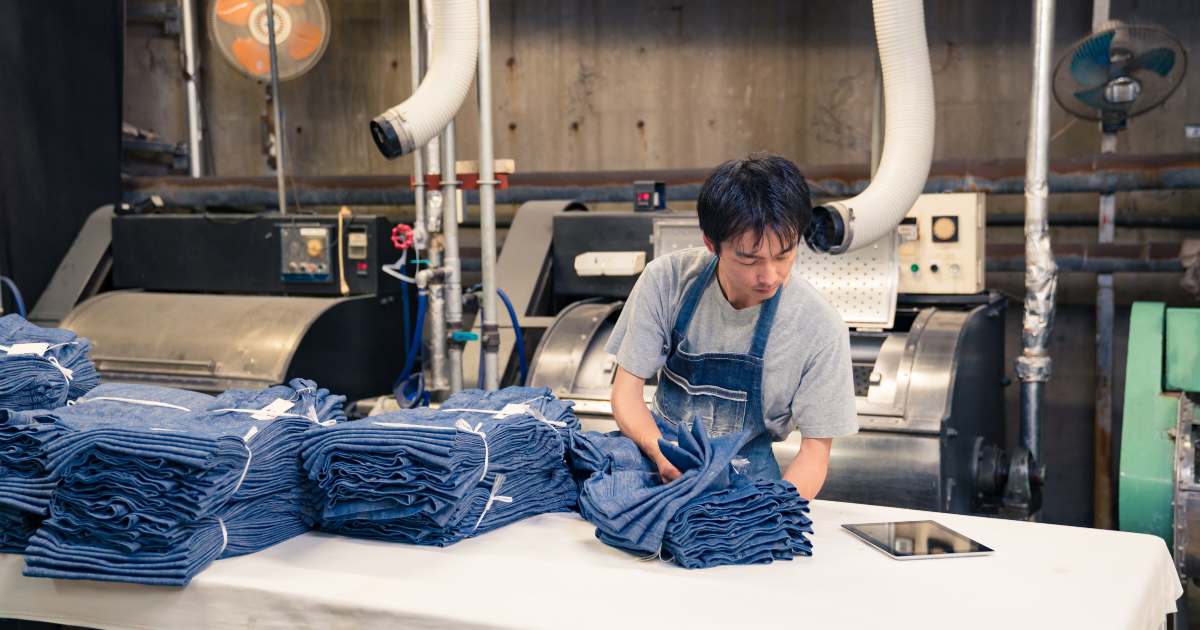The textile industry, a significant contributor to global manufacturing, has faced increasing pressure to reduce its carbon footprint and adhere to ESG (Environmental, Social, and Governance) principles. As providers of technical solutions, we play a vital role in assisting the textile industry on its path towards sustainability. In this blog, we delve into the technical aspects of how our solutions are driving environmental responsibility within the textile sector.
Understanding the Technical Challenges:
To address the carbon footprint of the textile industry, it’s essential to recognize the technical challenges that contribute to its environmental impact:
Raw Materials: The choice of fibers has a substantial influence on the industry’s carbon footprint. Technical advancements have brought sustainable alternatives, including organic cotton, hemp, bamboo, and recycled fibers.
Manufacturing Processes: Textile manufacturing involves energy-intensive processes like spinning, weaving, dyeing, and finishing. Technical solutions that enhance process efficiency and reduce energy consumption are critical.
Chemical Usage: Chemicals are used extensively for dyeing, finishing, and treatment. Optimizing chemical use and adopting eco-friendly alternatives are crucial from a technical standpoint.
Water Management: Water consumption and wastewater management are key technical challenges. Advanced water treatment and recycling systems are essential for reducing the industry’s environmental impact.
Waste Reduction: Textile manufacturing generates significant waste. Technical solutions that minimize waste and promote a circular economy are pivotal.
Technical Solutions for Sustainability:
Our role as technical solution providers is to equip the textile industry with the tools needed to address these challenges and meet their ESG objectives. Here are some key technical areas where our solutions make a difference:
Sustainable Materials Sourcing: We offer technical expertise in the procurement of sustainable raw materials, including the analysis of the environmental impact of different fibers and the sourcing of sustainable alternatives.
Energy-Efficient Machinery: Our technical solutions include the supply of energy-efficient machinery, which significantly lowers energy consumption and carbon emissions during manufacturing processes.
Emission Control Technologies: We assist textile companies in the selection and implementation of advanced emission control technologies to capture harmful air pollutants and reduce greenhouse gas emissions.
Waste Management and Recycling: Our technical guidance extends to waste management and recycling strategies, including the implementation of waste-to-product initiatives that reduce waste and promote sustainability.
Advanced Water Treatment: We provide technical expertise in advanced water treatment and recycling systems, allowing textile companies to minimize water usage and manage wastewater efficiently.
Conclusion:
The technical transformation of the textile industry towards sustainability is a multifaceted endeavor. As technical solution providers, we are committed to facilitating this transformation by offering sustainable sourcing, energy-efficient machinery, emission control technologies, waste management solutions, and advanced water treatment systems. Through technical innovation and collaboration, the textile industry is making significant strides towards ESG compliance and carbon footprint reduction. Sustainability in textiles is not merely an aspiration; it is a technical reality that will shape the industry’s future.
